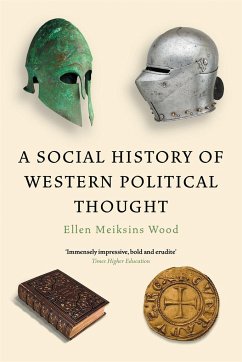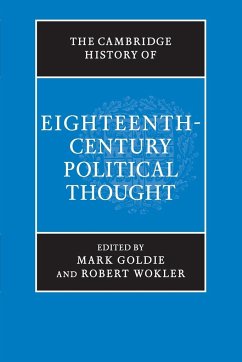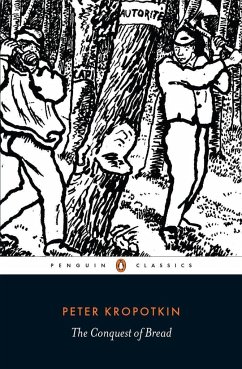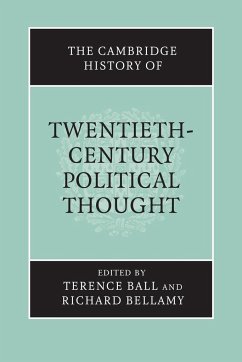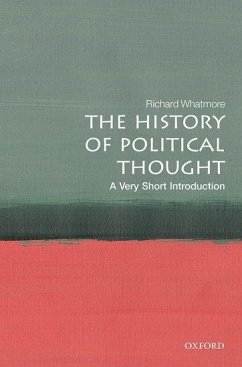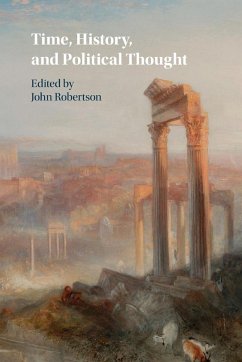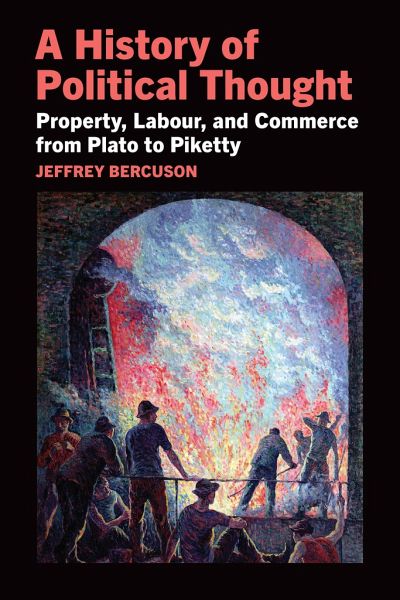
A History of Political Thought
Property, Labor, and Commerce from Plato to Piketty
Versandkostenfrei!
Versandfertig in über 4 Wochen
52,99 €
inkl. MwSt.

PAYBACK Punkte
26 °P sammeln!
A History of Political Thought analyses market society by surveying the ideas of its most perceptive, thought-provoking observers â critics and defenders â from ancient Greece to the present day.





